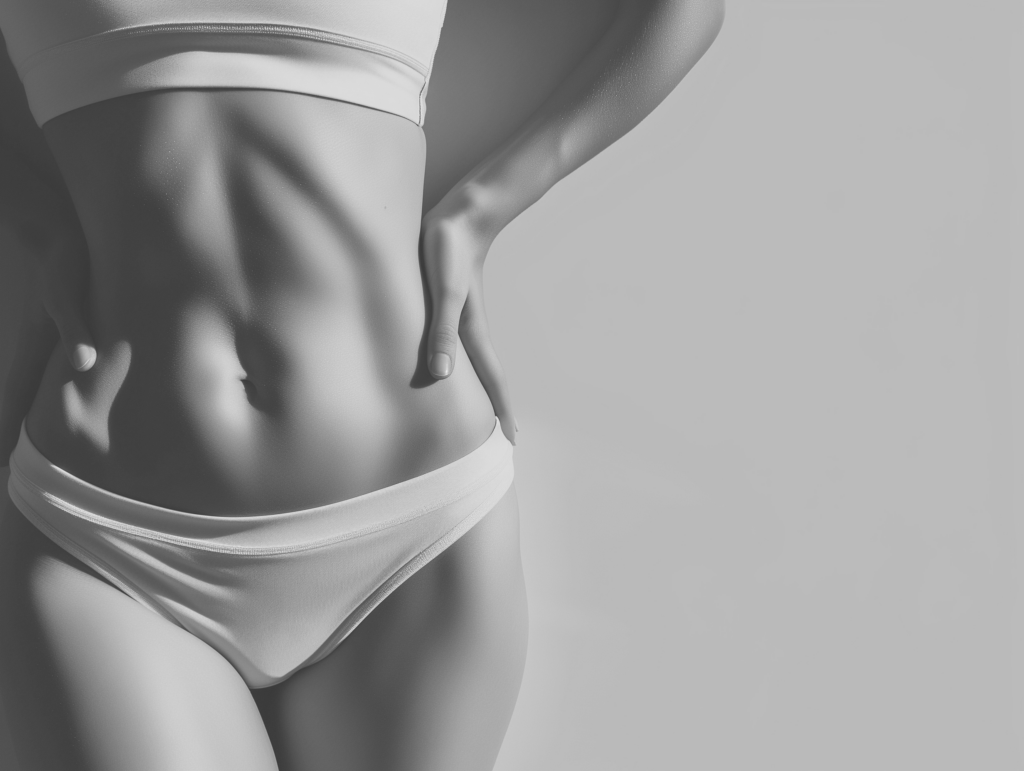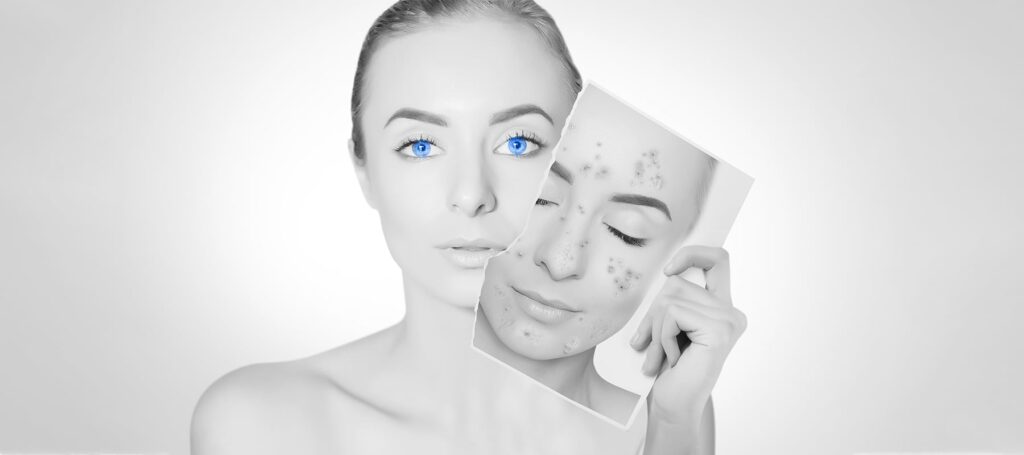What Is The Difference Between Retinol And Tretinoin?
what Is The Difference Between Retinol And Tretinoin?
Before I answer this burning question, let us first explore the importance of the skin.
The skin is the largest organ in the human body. It is critical to protect the body from external factors, regulate temperature, and provide sensory information. Here are some of the essential functions and importance of skin:
- Protection: The skin acts as a barrier that protects the body from external factors such as UV radiation, pathogens, toxins, and physical injuries.
- Sensation: The skin contains sensory receptors that allow us to feel sensations such as touch, pressure, temperature, and pain.
- Thermoregulation: The skin helps regulate body temperature by sweating to cool the body down or by constricting blood vessels to retain heat.
- Immune defense: The skin is an integral part of the body’s immune system, providing the first line of defense against pathogens and other harmful substances.
- Vitamin D synthesis: The skin produces vitamin D when exposed to sunlight, which is essential for bone health and immune function.
- Aesthetics: The skin plays an essential role in our appearance and self-image and can be a source of confidence or insecurity for many people.
Overall, the skin is a complex and essential organ that performs various functions to protect and support the body. Taking care of our skin through healthy habits such as regular cleansing, hydration, active ingredients, and sun protection can help maintain its health and function.
Now That You Understand The Importance Of The Skin, Let’s Explore retinol Versus Tretinoin.
Retinol and Tretinoin are both forms of vitamin A, but they work differently on the skin.
Retinol is a form of vitamin A found in over-the-counter skincare products. Retinol works by converting into retinoic acid in the skin, which binds to retinoid receptors and promotes cell turnover and collagen production. Retinol is gentler on the skin than Tretinoin and is less likely to cause irritation, making it a good option for people with sensitive skin so that we can desensitize the skin achieving a healthier barrier.
Tretinoin is a prescription-strength retinoid that is more potent than retinol. It works by binding directly to retinoid receptors in the skin and is more effective at promoting cell turnover and collagen production than retinol. Tretinoin is often used to treat more severe acne and signs of aging; however, it can also cause more side effects, such as skin irritation, dryness, and peeling. The noted side effects are anticipated and will subside with continued use and proper care of your skin.
In summary, retinol is a milder form of vitamin A that is found in over-the-counter skincare products. At the same time, Tretinoin is a prescription-strength retinoid that is more potent and used to treat more severe skin conditions. The choice between retinol and Tretinoin depends on the severity of the skin concern, individual skin type, and the recommendation of your provider at Dccm™.
what Can I Expect Using Retinol And Tretinoin
Will my Skin Peel with Retinol and Tretinoin?
Yes, you may peel using these products; however, this is a normal anticipated reaction. Retinol and Tretinoin do have an exfoliating effect on the skin, which helps to remove dead skin cells and unclog pores. This can help to improve skin texture and reduce the appearance of acne and other blemishes.
Is Retinol and Tretinoin Safe?
These skin care products are generally considered safe when used as directed. However, they can cause skin irritation and other side effects, mainly when used in high concentrations or on sensitive skin. If you have said, “I am afraid to use active ingredients on my skin because my skin is sensitive”, then you Need retinol or tretinoin. When patients state that they have sensitive skin, that tells me that their skin is unhealthy and has a weak barrier. The team at Dccm™ can help to improve the over health, strength, and condition of your skin by developing an at-home skincare routine that includes retinol as one of your main active ingredients. Once your skin barrier is healthy, you will find that your skin is less reactive than before initiating your skin care program.
Common side effects of retinol and tretinoin use include redness, peeling, dryness, and skin flaking. These side effects are usually mild and can be gradually reduced using retinol and tretinoin products, starting with lower concentrations and using them less frequently until the skin adapts. At Dccm™, we encourage patients to push through the anticipated reactions to normalize the skin quicker.
In rare cases, retinol and Tretinoin can cause more serious side effects, such as severe skin irritation, blistering, and burning. If you experience any of these side effects, you should stop using retinol and begin to nourish the skin with either a thin layer of Aquaphor or ZO’ hydrating crème. Tara will help guide you through the process so that you can get back on your skincare regime.
It’s also important to note that retinol and Tretinoin can make the skin more sensitive to sunlight, so it’s essential to use sunscreen when using retinol products.
When do I Apply Retinol and Tretinoin?
Apply a very thin layer of retinol on your face, neck, and chest at night on a clean face. Then apply your hydrator of choice. At Dccm in Hampton, NH, we prefer renewal crème or growth factor serum by ZO Skin health.
Both of these products are great anti-aging and preventative products to help protect your body’s largest organ: your skin. Are you ready to get your skin in the game? If so, give Dccm a call. We are in Hampton, NH, the Seacoast’s premier medical aesthetics practice. With over 20 years in medicine, our expertise will keep you safe while improving the health of your skin.


